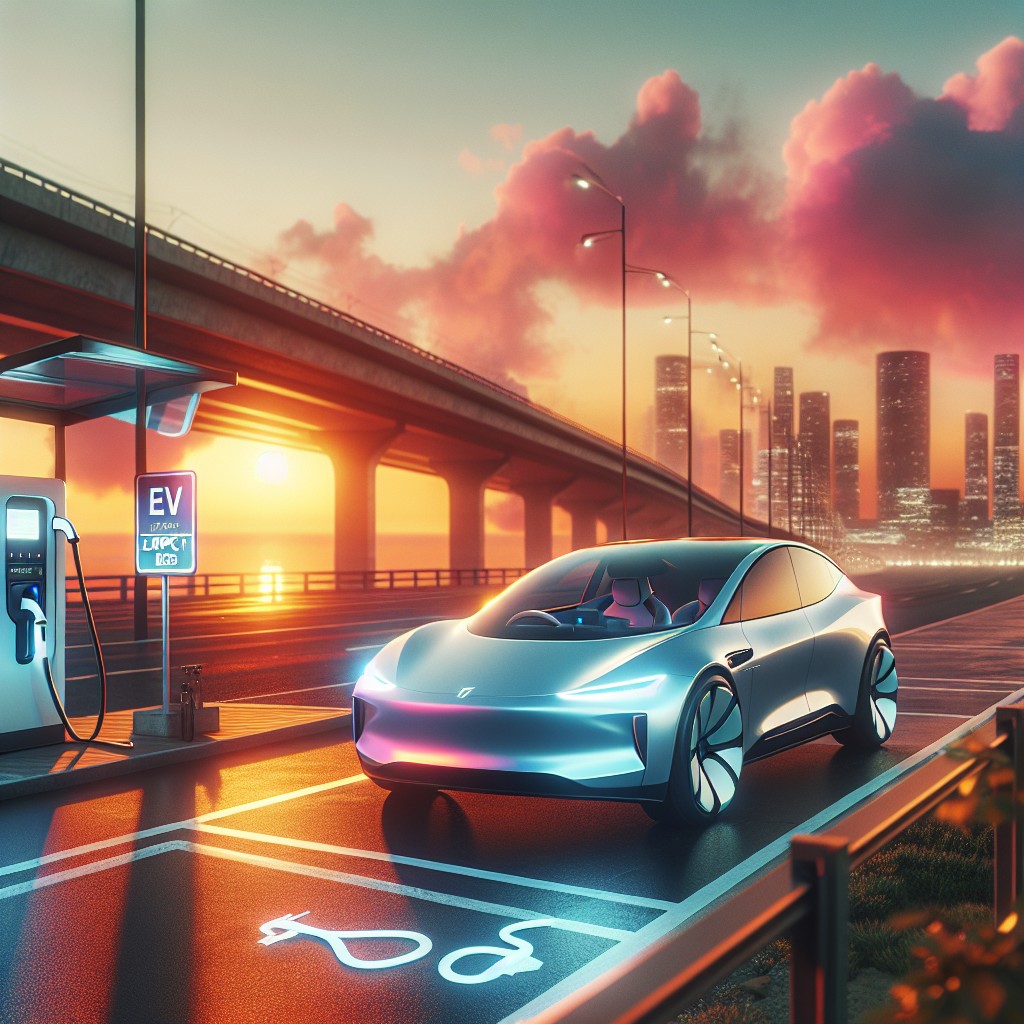Electric vehicles (EVs) have gained significant popularity in recent years, with Tesla leading the way in innovation and market share. One of the key factors that consumers consider when purchasing an EV is its range, or how far the vehicle can travel on a single charge. Tesla has been known for its impressive range claims, but there have been allegations that they may have misled the public with these claims.
Tesla has been at the forefront of the EV industry, offering models like the Model S, Model 3, and Model X, which boast impressive ranges of up to 370 miles per charge. These claims have been a major selling point for Tesla, as they provide reassurance to potential buyers that their vehicles can handle long-distance travel without the need for frequent charging.
However, some critics argue that Tesla's range claims may not accurately reflect real-world driving conditions. They point to factors such as driving style, weather conditions, and use of heating or air conditioning that can significantly impact the actual range of an EV. Additionally, it has been suggested that Tesla's range claims are based on ideal driving conditions, such as driving at a constant speed on a flat road, which may not accurately represent typical driving scenarios.
In response to these allegations, Tesla has stated that their range claims are based on extensive testing and real-world data. They argue that their vehicles are capable of achieving the stated range under normal driving conditions and that any discrepancies may be attributed to individual driving habits or external factors beyond their control.
To address concerns about range anxiety, Tesla has also invested heavily in building a robust Supercharger network, which allows Tesla owners to quickly recharge their vehicles on long-distance trips. This infrastructure has significantly alleviated concerns about range limitations and has made long-distance travel in an EV more feasible and convenient.
It is important to note that range claims by all EV manufacturers, not just Tesla, have come under scrutiny. The Environmental Protection Agency (EPA) conducts independent tests to determine the range of EVs, but these tests are often criticized for not accurately reflecting real-world driving conditions. Therefore, it is essential for consumers to consider multiple sources of information and conduct their own research before making a purchasing decision.
In conclusion, while there have been allegations that Tesla may have misled the public with their EV range claims, it is important to consider the context in which these claims are made. Range estimates can vary depending on numerous factors, and it is ultimately up to the consumer to assess their own driving needs and habits. Tesla's investment in infrastructure, such as the Supercharger network, has helped alleviate concerns about range limitations. As with any major purchase, consumers should conduct thorough research and consider multiple sources of information before making a decision about purchasing an EV.

Published on January 11, 2024
Did Tesla mislead the public with their EV range claims?
Investigating the Accuracy of Tesla's Electric Vehicle Range Representations
Share This Article
More Articles You Might Like
Discover More Content
Explore our collection of articles across various topics and categories. From cutting-edge technology insights to wellness wisdom, we curate the best stories to expand your horizons.
Article ID: 334